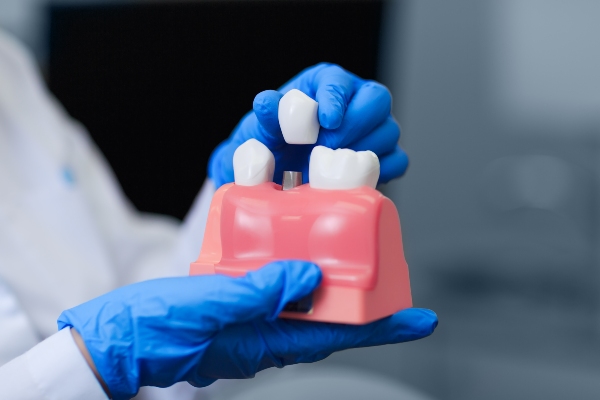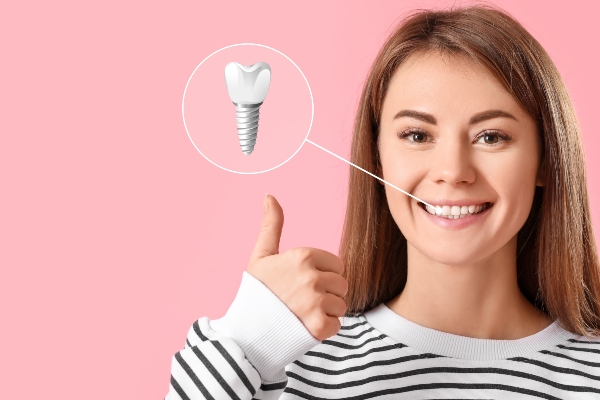Are You at Risk of Having Tooth Decay? 3 Things to Ask Your Dentist

Tooth decay, also known as dental caries is very paramount and it is seriously on the uprise, especially in this day and age. While some of the reasons behind the decaying of our teeth might be beyond what we can control, many times, dental caries is actually avoidable as they are caused by things we can do without. Dental caries is most times caused by the activity of the bacteria present in our mouth - on the plaque or sugary deposits on our teeth.
The mouth has to keep a balance between the acidic and the basic level. When there is a deviation in the pH of the mouth, especially when it tends to be acidity, tooth decay can occur. You can avoid tooth decay if you ask the right person the right questions. Visiting your dentist and asking him the right questions will seriously help you reduce the risk of getting tooth decay. Here are some basic questions you should ask your dentist which will put you on track to making sure that your teeth stay decay-free:
What kind of food should you eat in order to avoid the decay?
There is no food you should not eat but there are some that should be taken moderately and proper cleaning of the mouth should be done after taking them, this class of food is the carbohydrates.
Carbohydrates when broken down contain glucose and the digestion of carbohydrate begins in the mouth. This can lead to the deposition of glucose or sugar components at the base of your teeth. The more the deposition, the more bacteria gets attracted to your teeth, where they act on this sugar and make your mouth more acidic. The enamel is the outermost covering of your teeth made up of calcium and phosphorus.
When the acidity of your mouth increases, however, this outermost layer starts breaking down and it exposes the next layer called the dentine. The dentine is way softer and readily breaks down. This continual decomposition leads to the presence of a hole in the teeth which continually causes a decay to the tooth.
So, in order to avoid tooth decay, you need to balance your sugar consumption and reduce it to the bare minimum.
How do you get rid of this mouth organism?
The normal flora of the mouth are usually harmless and keeps a symbiotic relationship between man and himself. They can, however, become very harmful especially when they are prompted to multiply. They see an opportunity and they take it. So, instead of getting rid of your mouth microorganisms, one should consider reducing them by properly cleaning your mouth, and getting rid of what they can act on instead.
How often should you go in for a checkup?
Normally, you should go for a regular checkup, as often as once every three months just to know the state of your oral cavity. If you, however, are beginning to see the signs of decay, you should visit a dentist immediately and appropriate care will be given to you.
If the decay is also getting very serious and probably causing pain for you then it would be smart to also see your dentist immediately for proper care. For those who find it difficult to steer clear of foods high in sugar or carbohydrates, visiting your dentist once a month should not be too much for you. More importantly, regularly rinse your mouth with clean water in order to get rid of any food particles or debris.
Request an appointment here: https://metrosmiles.com or call Metro Smiles Dental at (718) 841-9591 for an appointment in our Forest Hills office.
Recent Posts
Maintaining healthy teeth and gums relies heavily on preventive dentistry. Even though many treatments exist that can remove diseased tissue and repair damage, prioritizing good oral health can eliminate the need for many types of invasive dental work. Seeing a dentist at least once every six months is essential, but practicing good oral hygiene on…
As a dentist, we strive to clean our patients' teeth while also ensuring that their teeth remain healthy. Our aim is for our patients to retain their natural teeth for as long as possible. Preventative care plays an important role in accomplishing this since regular teeth cleanings are essential for preventing infection and disease. It…
As a dentist, we strive to clean our patients' teeth while also ensuring that their teeth remain healthy. Our aim is for our patients to retain their natural teeth for as long as possible. Preventative care plays an important role in accomplishing this since regular teeth cleanings are essential for preventing infection and disease. It…
Make sure the weekends remain great by preventing dental infection with the proper care.When it comes to preventative dental care, it is crucial to schedule regular dental checkups at least twice per year. With regular dental checkups, we can help you maintain your oral health. Brushing twice a day and flossing once a day will…


